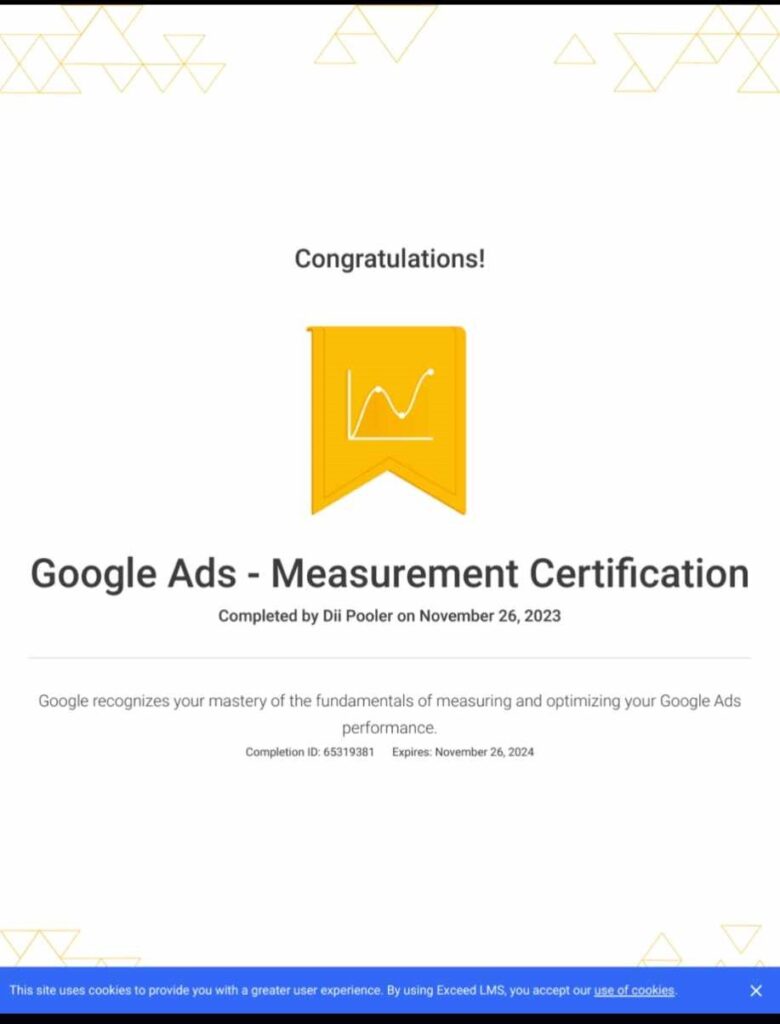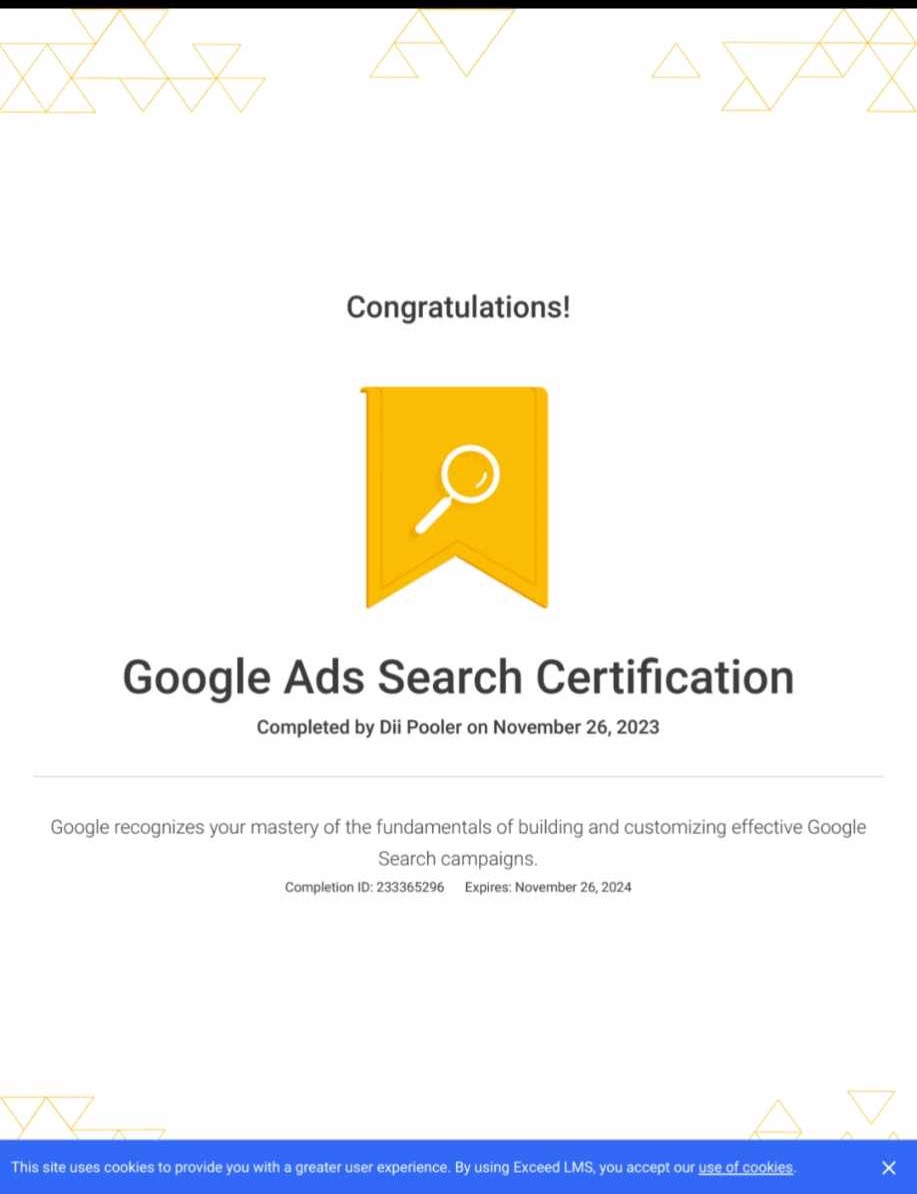Introduction:
Embarking on the SEO journey in 2024 necessitates a keen awareness of the transformative trends reshaping the digital landscape. As we delve into the intricacies of Search Engine Optimization, the focal points evolve around user-centric principles, ethical considerations, and cutting-edge technical advancements. Understanding these dynamic shifts isn’t just essential; it’s the compass guiding the journey towards higher rankings, increased traffic, and more profound connections with potential customers. Let’s navigate the transformative currents together, uncovering the pivotal trends that define the future of SEO in this ever-evolving digital era.
1. Google Search Generative Experience (SGE):
Google Search Generative Experience (SGE) is an AI-powered search experience that enhances user interactions by providing an AI-generated result at the top of the search engine results pages (SERPs) in response to various user search queries. Unlike traditional search results, SGE goes beyond presenting a list of links and aims to offer a more interactive and user-friendly experience.
Key features of Google SGE include:
• Concise Answers: SGE delivers clear and concise answers to user queries, enhancing the overall search experience.
• Relevance: The AI-generated result is designed to be highly relevant to the user’s search intent, improving the accuracy of search results.
• Visuals and Conversational Engagement: SGE incorporates relevant visuals and adopts a conversational engagement model, making it more dynamic and interactive.
This shift towards a more conversational and interactive search experience signifies Google’s commitment to understanding and anticipating user needs through advanced AI and machine learning technologies. As SGE evolves, it is expected to change how websites are optimized to generate impressions and traffic.
2. A Larger Focus on Topical Authority:
Topical authority refers to a website or content creator’s expertise and influence on a specific subject or topic. In the context of search engine optimization (SEO), search engines like Google increasingly prioritize content that demonstrates authority, expertise, authoritativeness, and trustworthiness (referred to as E-A-T).
Key elements of topical authority include:
• Expertise: Establishing oneself or one’s website as an expert in a particular field or niche. This involves creating content that goes beyond surface-level information and demonstrates in-depth knowledge.
• Relevance: Ensuring that content is relevant to the target audience by staying up-to-date with industry trends and addressing current issues within the chosen topic.
• Internal Linking: Connecting related content within a website through internal links. This practice helps search engines identify a website’s depth and breadth of the content available on a particular subject, contributing to topical authority.
• Backlinks: Earning quality backlinks from other reputable websites within the same industry or niche. Inbound links from authoritative sources are considered a signal of a website’s credibility and expertise on a given topic.
• Consistency: Regularly producing and updating content to maintain relevance and demonstrate an ongoing commitment to the chosen topic. This consistency contributes to building long-term authority.
For businesses and content creators, building topical authority involves strategic planning, in-depth research, and a commitment to delivering high-quality content over time. It not only positively impacts search engine rankings but also enhances the trust and credibility of the brand or individual within their niche.
3. Video SEO:
Video SEO, or Video Search Engine Optimization significance is growing in SEO. Video SEO involves optimizing video content to improve its visibility and rankings on search engine results pages (SERPs). With the increasing popularity of video content, particularly on platforms like YouTube & TikTok, video SEO has become crucial for reaching a wider audience and enhancing online presence.
Here are key aspects of video SEO to implement this year:
● Keyword Research: Conduct keyword research to identify relevant and high-search-volume keywords for your video. The key strategy is incorporating these keywords into the video title, description, and tags to help search engines understand the video’s content.
● Quality Thumbnails: Designing compelling and relevant thumbnails for your videos. Thumbnails play a crucial role in attracting clicks, so they should accurately represent the video content and entice viewers.
● Video Description: Crafting informative and keyword-rich video descriptions, summaries, relevant links, and additional information. This not only helps viewers but also provides more context to search engines.
● Transcripts and Closed Captions: Adding transcripts or closed captions to your videos makes your content more accessible to a broader audience and provides search engines with additional textual information to index.
● Metadata Optimization: Optimizing video metadata, including titles, tags, and descriptions so search engines can properly categorize and index your videos, improving their chances of appearing in relevant search results.
● Engagement Metrics: Encouraging user engagement with your videos. Metrics such as watch time, likes, comments, and shares are considered by search algorithms. Higher engagement signals that your content is valuable to viewers.
● Promotion and Backlinks: Actively promoting your videos through various channels and earning backlinks. External links from reputable websites can positively impact the visibility and ranking of your videos.
● Video Sitemaps: Creating and submitting video sitemaps to search engines. This provides search engines with additional information about your videos and can enhance their indexing.
● Consistency: Consistently producing high-quality video content. Regularly uploading relevant and engaging videos can contribute to long-term success in video SEO.
By paying attention to these aspects of video SEO, content creators, and businesses can increase the likelihood of their videos being discovered by a wider audience through search engines.
Conclusion:
In conclusion, as we navigate the future of SEO in 2024, it’s evident that user-centricity, ethical practices, and technical advancements are shaping the landscape. The emergence of Google’s Search Generative Experience (SGE) underscores the importance of a more interactive and relevant search experience. Additionally, the emphasis on Topical Authority highlights the need for expertise, relevance, and consistency in content creation, crucial for building credibility and trust. Video SEO’s rising significance emphasizes the need for strategic optimization to enhance visibility and engage a broader audience. By staying informed and implementing these key trends, businesses and content creators can not only improve their search rankings but also foster lasting connections with their target audience in this dynamic digital era.











